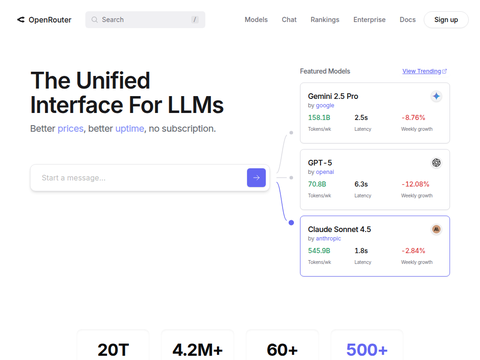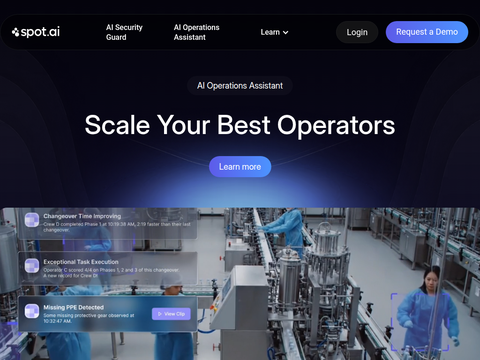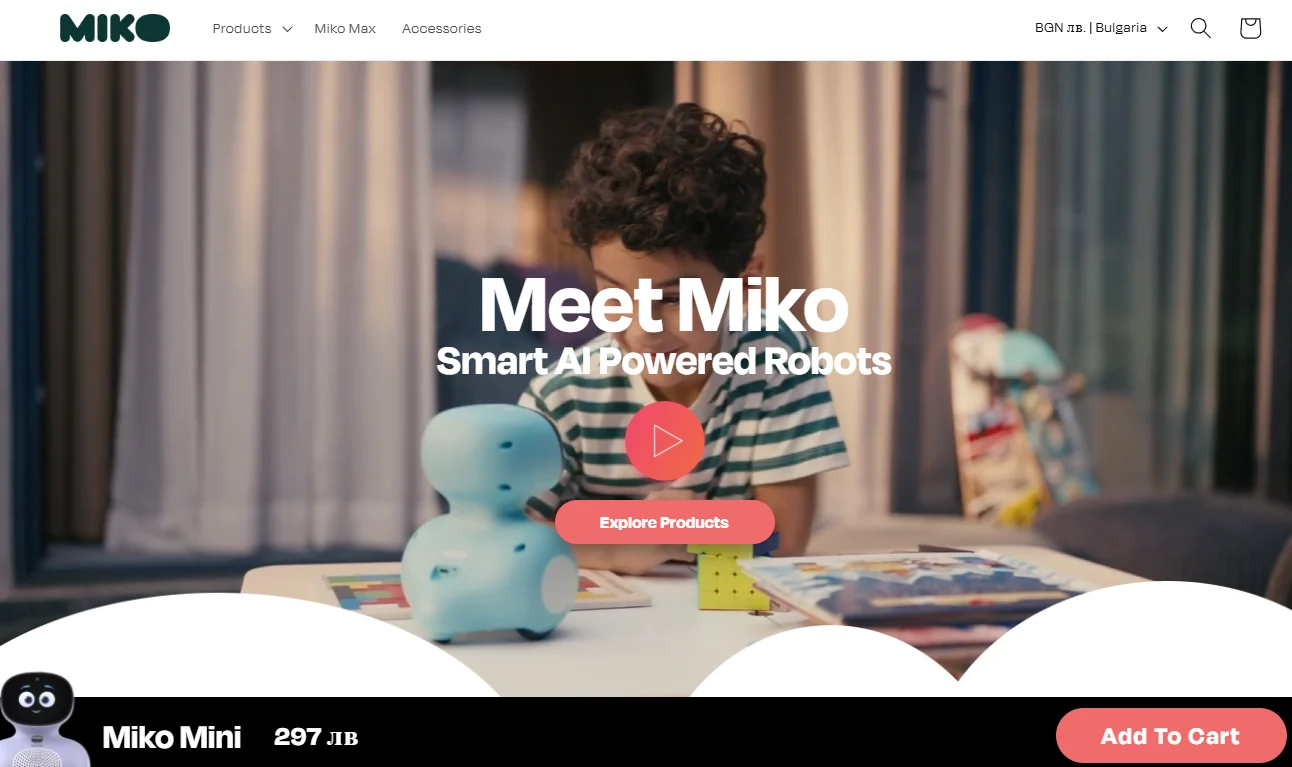Last week, Xiaomi Corporation unveiled a significant set of personnel changes and organizational restructuring. Reportedly, Xiaomi has officially established the AI Platform Division, appointing Zhang Duo as its new head. Zhang Duo will report directly to Feng Honghua, the General Manager of the Fundamental Technology Platform Division, which operates under the Xiaomi Technology Committee.
Zhang Duo is a seasoned Xiaomi employee with extensive experience within the company. He served at Xiaomi from 2016 to 2021, earning high praise from Lei Jun for his exceptional technical skills and contributions, even being publicly lauded by Lei Jun on Weibo as a "Xiaomi guru." On September 10th of this year, Zhang Duo announced his return to Xiaomi via social media.
In addition to the formation of the AI Platform Division and Zhang Duo's appointment, other personnel changes have occurred within Xiaomi Group. According to several Xiaomi employees, Ma Ji, the group's Vice President, is no longer involved in the operational management of the China region's specific business and is currently on leave.
Since joining Xiaomi in 2013, Ma Ji has held several key positions within the company. He has managed the MIUI Security Center, MIUI products, and Xiaomi's international internet business, significantly contributing to Xiaomi's globalization efforts. Notably, in December 2020, Ma Ji was appointed as the General Manager of the Xiaomi Internet Business Division, overseeing global internet product services and commercialization. However, in October 2023, his role shifted again as he was appointed Vice President of Xiaomi Group and General Manager of the New Retail Division for the China region, responsible for managing and expanding Mi Home stores in China, as well as overseeing operations for Xiaomi.com and Youpin e-commerce.
Alongside the personnel reshuffles, Xiaomi has also achieved significant advancements in technology. Yesterday, Xiaomi officially announced the successful upgrade of its large model technology from the first generation to the second generation (MiLM2). This upgrade not only significantly expanded the scale of training data and enhanced data quality but also involved substantial optimizations in training strategies and fine-tuning mechanisms. These developments have not only bolstered Xiaomi's technical capabilities but also comprehensively upgraded its deployment technologies, laying a solid foundation for the company's future growth.








